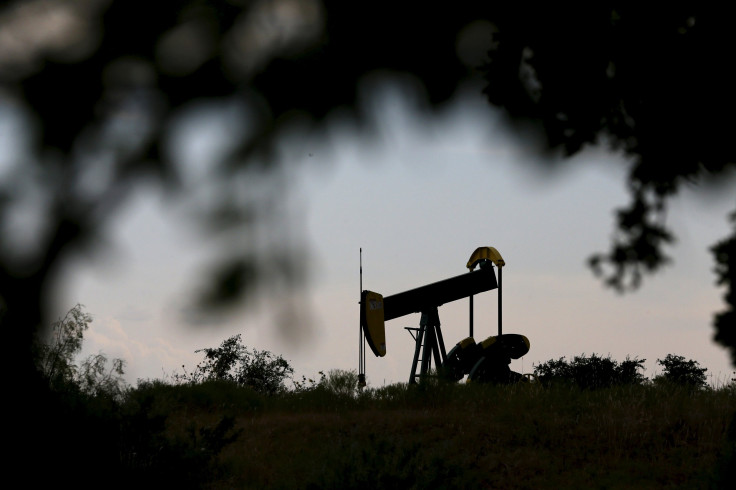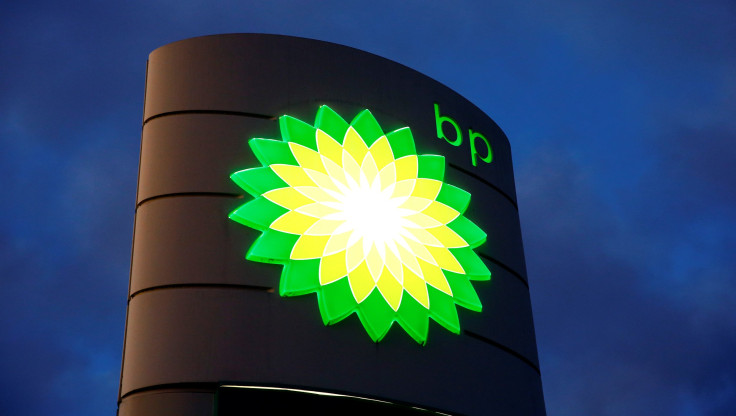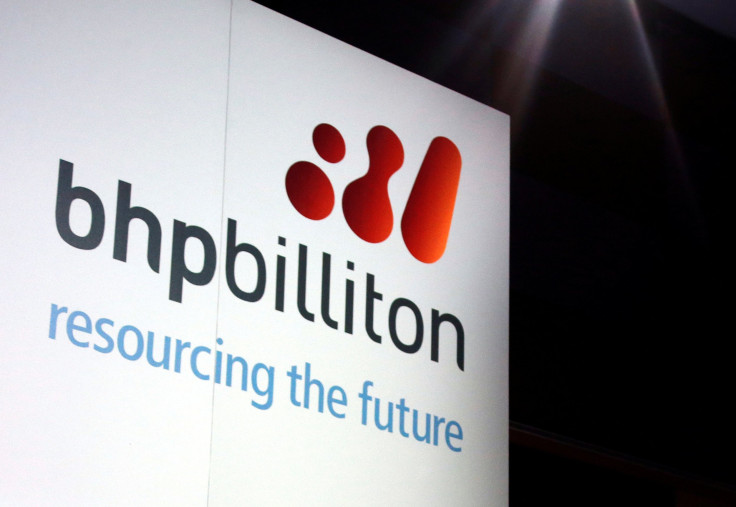BP-BHP Strike $10.5 Billion Deal For US Onshore Shale Assets

The world’s largest mining company, BHP, announced Thursday it was selling the entirety of its onshore oil and gas shale assets in the United States in two separate deals, for a total consideration of $10.8 billion. The bulk of the assets would be sold to BP in a deal worth $10.5 billion, while the remainder would be bought by Merit Energy Company for $300 million.
According to the all-cash deal agreed between BHP and BP, the latter would acquire all the shares of BHP subsidiary Petrohawk Energy Corporation which owns “extensive oil and gas production and resources in the liquids-rich regions of the Permian and Eagle Ford basins in Texas and in the Haynesville gas basin in Texas and Louisiana.” The new owner of these assets would be BP’s U.S. subsidiary, BP America Production Company.
Half the amount of $10.5 billion would be payable once the deal is completed, while the remaining $5.25 billion would be payable over the following six months in six equal instalments. BP said in a statement it expected the deal to be done, including regulatory approvals, by October 2018. It also said the payment would be financed “through equity issued over the duration of the instalments.”

Announcing an increase in dividend to be paid to shareholders, BP chief executive Bob Dudley said: “This is a transformational acquisition for our Lower 48 business, a major step in delivering our upstream strategy and a world-class addition to BP’s distinctive portfolio. Given our confidence in BP’s future – further bolstered by additional earnings and cash flow from this deal – we are increasing the dividend, reflecting our long-standing commitment to growing distributions to shareholders.”
The company also said it would buy back $5-6 billion of its shares over the coming years, the money for which would come partly from sale of some upstream assets.
The existing onshore assets BP owns in the U.S. produce about 315,000 barrels of oil equivalent per day (boed, the term used for production from unconventional shale sources), and the fields it is acquiring from BHP will add another 190,000 boed at current production levels.

The second deal BHP made would see Merit Energy buy out 100 percent stake in the two BHP subsidiaries that own assets in Fayetteville, Arkansas. During the 2017-18 financial years, these assets — spread over 268,000 acres — produced a total of 13.3 million barrels of oil equivalent. BHP said in its announcement this deal was also expected to be completed by October 2018.
“Our priority with this transaction is to maximize value and returns to shareholders. In August 2017, we confirmed that we would seek to exit our US shale assets for value. Following a robust and competitive process, we have delivered on that commitment,” BHP CEO Andrew Mackenzie said. “Consistent with our Capital Allocation Framework, we expect to return the net proceeds from the transactions to shareholders. We will confirm how, and when, at the time of completion of the transactions,” he added.
Till such time as the transactions are completed, BHP will continue to operate all the assets it is selling.
Shares of BP closed 0.27 percent lower on the London stock exchange Thursday, while its ADR trade on the New York Stock Exchange fared worse, closing down 1.13 percent lower. BHP shares, on the other hand, moved up by 1.96 percent on the Australian stock exchange, though its ADR listing on NYSE fell by 1.03 percent.
© Copyright IBTimes 2025. All rights reserved.





















